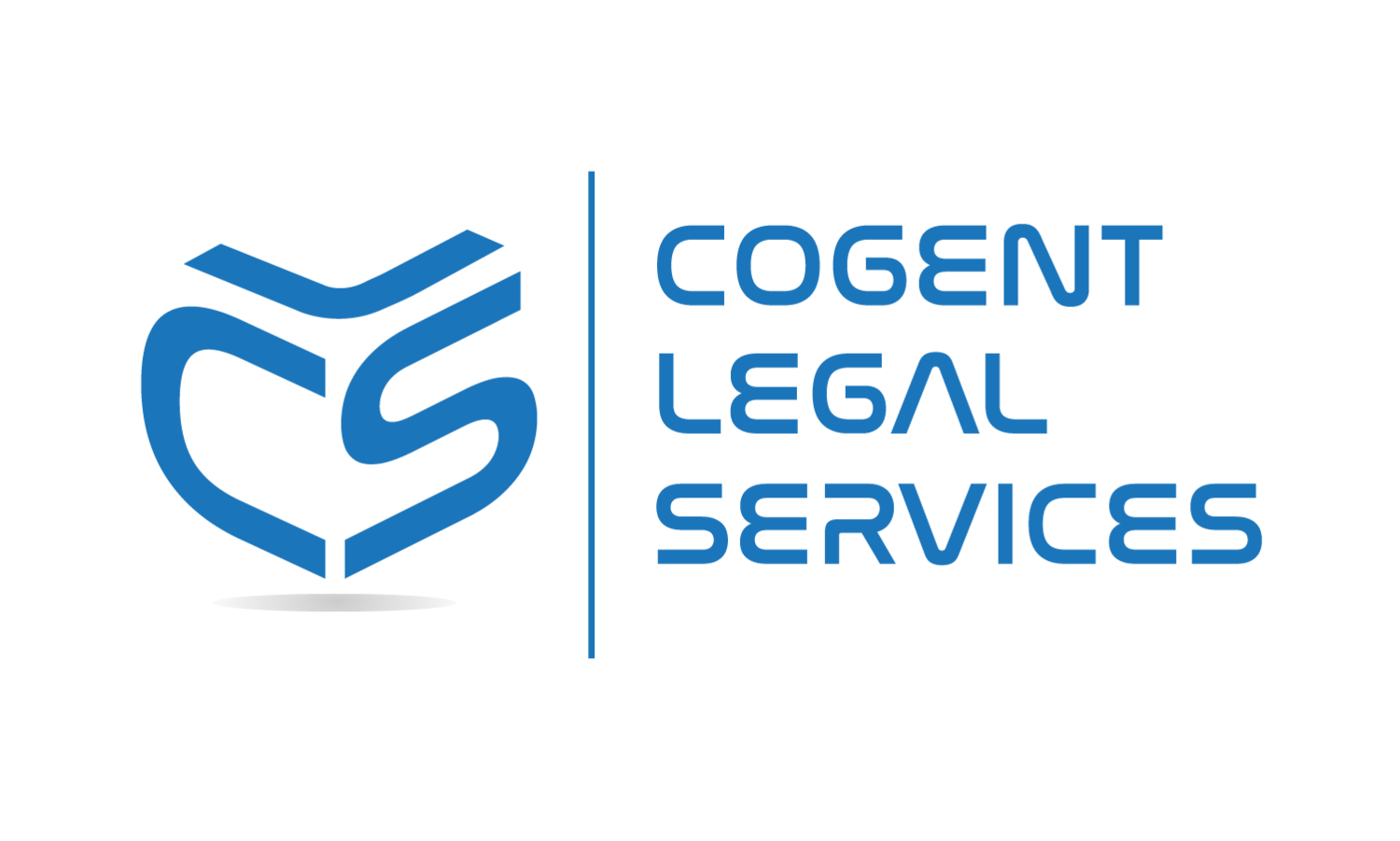Exploring the Domain of Court Reporting: Traditional Stenography to Modern Digitization
Unraveling the World of Court Reporting
Court reporting, a service integral to the operations of the legal department, entails documenting the nitty-gritty of courtroom proceedings. Skilled court reporters or courtroom typists, as they are often called, are adept at transcribing spoken words into detailed written documents, which serve crucial evidential purposes. Over the last several decades, the role of a Court Reporter has witnessed a significant evolution. Traditionally, Court Reporters were primarily responsible for manually recording proceedings in shorthand or on a stenotype machine. However, with advancements in technology, the nature of their work has dramatically transformed.
Modern Court Reporters now utilize sophisticated computer-aided transcription systems and stenographic machines that can translate their shorthand notes into real-time transcripts. This technological shift has greatly enhanced the accuracy and efficiency of recording court proceedings. Additionally, Court Reporters now play a crucial role in providing instant access to transcripts through digital platforms, enabling judges, attorneys, and litigants to conveniently search, review, and share relevant information. The evolution of the Court Reporter's role has not only revolutionized the profession but has also played a pivotal part in modernizing the legal system as a whole.
The Fundamental Role of Court Reporters
The key responsibility of a court reporter, whether based in a Fort Lauderdale court or a West Palm Beach court, centers around crafting a comprehensive and precise transcript of the proceeding, including depositions and testimonies. But have you ever wondered, "What does a court reporter do that makes them indispensable in the justice system?"
Through a specialized court reporting program, stenographers deftly translate spoken words into phonetic codes on a court stenographer keyboard, a court recorder keyboard, or sometimes referred to as the court transcriber keyboard. Each string of characters signifies a sound or syllable, which is then translated into comprehensible written text, playing a pivotal role in litigation support services.
The Emergence of Voice Writing in Court Reporting
Some court reporters have adopted the practice of voice writing. This technique entails echoing the spoken words of individuals during a proceeding into a unique device linked to a computer. This method is often associated with remote court reporting or real-time court reporting, where the software translates the echoed words into transcriptions for a court reporter to review post-proceeding.
The Evolution of Court Reporting: Embracing Digitalization
With the dawn of the digital age, the technologies employed in court reporting have also undergone significant transformations. Traditional images of a lady typing at breakneck speed on a typewriter, or to be more precise, a stenotype, have made way for modern, technologically astute solutions.
A notable evolution in the courtroom reporting realm is the advent of Digital Court Reporting. This method utilizes high-tech recording equipment to capture proceedings comprehensively. The concept involves strategic placement of microphones and audio recorders for maximum auditory acquisition.
Advantages of Digital Court Reporting
Digital court reporting brings along a host of advantages. With state-of-the-art, albeit expensive, equipment, every minute detail from court proceedings is captured with clarity. Regardless of overlapping voices, varied eloquence, or subtle accents, digital court reporting can record it all, reducing the risk of inaccurate transcriptions since audio is readily available.
While many legal entities now recognize the significance of digital court reporting, some still prefer traditional methods over tech-based solutions. This disparity means that the debate between conventional and digital court reporting will likely continue until everyone is comfortable with the newer methodologies.
Schedule Your Next Deposition with Cogent Legal Services
At Cogent Legal Services, we have certified court reporters ready to attend your next deposition. Whether you prefer an in-person deposition or remote deposition, our team is equipped to handle your needs. Call us today to schedule your next legal deposition and experience the professionalism of our Florida court reporting services.

